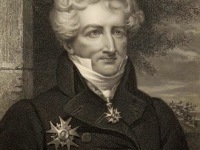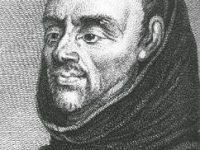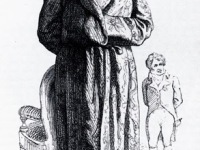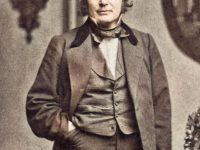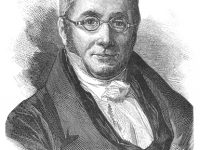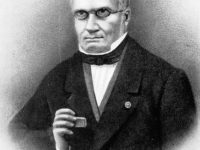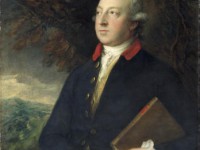Georges Cuvier and the Science of Paleontology
On August 23, 1769, French naturalist and zoologist Jean Léopold Nicolas Frédéric Cuvier aka Georges Cuvier was born. He was a major figure in natural sciences research in the early 19th century, and was instrumental in establishing the fields of comparative anatomy and paleontology through his work in comparing living animals with fossils. “Why has not anyone seen that fossils alone gave birth to a theory about the formation of the earth, that without…
Read more

